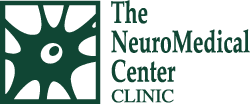What is a concussion?
A concussion is a mild form of traumatic brain injury (TBI) caused by a bump, blow, or jolt to the head. It can also occur from a fall or a blow to the body that causes the head to move rapidly back and forth. Doctors describe these injuries as “mild” because concussions are usually only temporary, non-life threatening, and do not cause permanent injury. Still, a concussion is a serious injury that can cause lasting brain injury or death if not treated properly.
What Causes A Concussion?
The brain is a soft and pliable organ. It is cushioned by a fluid, called cerebrospinal fluid, which flows through and around the brain. The brain is also wrapped in layers of protective tissue called the meninges. The brain, the cerebrospinal fluid and
the meninges are all protected by the skull.
When the head or upper body is struck or shaken violently, the brain can slosh back and forth within the cerebrospinal fluid. If the force is violent enough, the brain can strike the hard inside of the skull. This is a concussion. During a concussion, the meninges (membranes that line the skull and protect the brain and spinal cord) can also be crushed, or even torn, resulting in a hemorrhage that can press harmfully against the brain.
What Are the Symptoms of a Concussion?
Symptoms of a concussion can vary greatly depending on the person and the severity of the injury. After a concussion, some people lose consciousness (“knocked out”) for a short time. However, most concussions do not result in a loss of consciousness. Other signs of concussion may include:
Physical
Headache
Ringing in ears
Nausea or vomiting
Fatigue/sluggishness
Double or blurry vision
Sensitivity to noise or light
Thinking/Remembering
Difficulty thinking clearly
Confusion
Difficulty concentrating
Difficulty remembering new information
Emotional/Mood
Irritability
Sadness
Nervousness/Anxious
Sleep Disturbance
Sleeping more than usual
Sleeping less than usual
Trouble falling asleep
These symptoms may begin immediately, or they may not develop for hours, days, weeks, or even months following your injury.
In some cases, a friend of a loved one might be experiencing a concussion, without even knowing it. If you witness an individual with the following symptoms following an injury, seek medical help immediately:
Brief loss of consciousness after injury/inability to wake up following injury
Seizures
Draining of blood or fluid from the ears or nose
Unequal pupil size/abnormal eye movement
Lasting confusion or irritability
Loss of coordination/balance issues/problems walking
Slurred speech
Persistent vomiting
What Is Post-Concussion Syndrome?
The majority of concussion symptoms will resolve within about two weeks, and with proper recovery almost all dissipate within a month. Post-Concussion Syndrome (PCS) is the persistence of concussion symptoms beyond the normal course of recovery. The exact cause of PCS is unknown. The good news is, most people with PCS fully recover. Symptoms can be improved with rest and allowing the brain’s natural recovery process the time to heal the damage caused by a concussion.
How can I prevent Concussion?
The best way to reduce the risk of concussion is to prevent head injuries from occurring in the first place:
Always wear your seat belt in the car and ensure children are in safety seats and properly secured
Always wear a helmet when riding a bike, playing impact sports, or riding a horse
Prevent falls on stairs by holding on to hand rails
Improve lighting and remove trip hazards at home and at work
Expert Treatment for Concussions at The NeuroMedical Center
Most people with a concussion recover quickly and fully. But for some people, symptoms can last for days, weeks, or longer. If you suspect you or a loved one has sustained a concussion or any type of head injury, it is important that you seek timely medical attention right away. Scheduling a follow-up appointment with a concussion specialist at The NeuroMedical Center can help ensure optimal recovery and protect yourself from future injury. Our multi-disciplinary team of concussion experts including neurologists, neurosurgeons, and neuroradiologists are highly-experienced in assessing and treating concussions and can greatly improve your chances of making a full recovery. Call The NeuroMedical Center today (225) 768-2050 or request an appointment online to connect with one of our concussion experts today.



